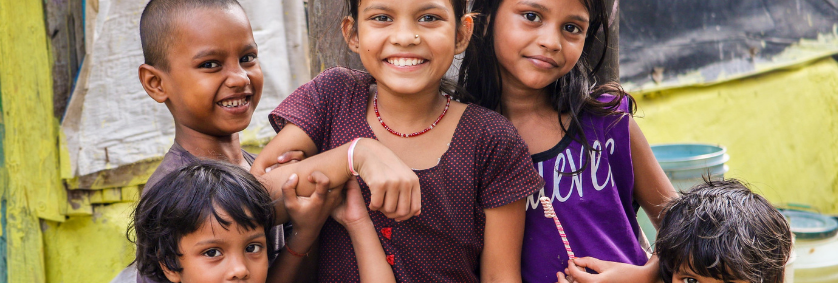Our Blog

21Apr 2022
How do the NGO Members Help in Developing Entrepreneurial and Business Management Skills?
While experience is the core of developing entrepreneurial skills, specialized training courses have a great influential role to play. A society is composed of both influential and backward people, but everyone deserves equal opportunities. Financial constraints or physical disabilities cannot be a setback. Talent and merits are what are needed to move up the ladder, but the question lies in “who shall take the responsibility of the backward people?” It is where the NGO staffs come in with their community-based rehabilitation programs in India to better the employment status.
Using every resource they have, the NGO staff arrange for workshops comprising supportive networks of entrepreneurs, self-help groups and related community support mechanisms for encouraging the backward people to develop entrepreneurial skills. Regardless of belonging to rural areas or if they are especially challenged, starting a small business or else some income generation activity solves a good part of employment problems in the job markets.
For instance, home-based businesses are better for overcoming transportation problems. But support is necessary, to secure loans for establishing a business. A string of entrepreneurial and business management skills are highly relevant to the informal and formal economies. Herein, the Community Based Rehabilitation (or CBR) organizers emphasize developing specific skills based on the local economy nature.
When it is meant for the informal economy, then the teamwork on identifying the training strategies to benefit the people be prepared for working and for supporting further development as soon as they engaged in it. The list of training strategies comprises –
- Pre-vocational training activities along with self-employment orientation for preparing the people for self and other employment types.
- Pre-employment training for a series of common activities in the informal economy for facilitating the initial entrance of training graduates into a job that is to be followed by on-the-job training
- On-the-job training for a long period so the trainees can master the complete skills set necessary for a specific occupation, which include informal apprenticeship training
- Continuous skills-upgrading sessions for the informally employed people to improve their employment situations gradually
- Providing training in the business skills for improving the people’s productivity and income if they are aiming at setting up their own formal business, or else they are already in businesses.
- Training in different entrepreneurial skills which include attitudes and business awareness
- Introductory training for all sorts of income-generating activities, comprising of short training activities, and the activities like technology, product design demonstration sessions, exposure peer visits, visits to traders and relevant institutions, guest sessions, counselling and marketing assistance
- Ultra-short specially designed training activities in core skills for literacy, numeracy skills, work and technical skills for specific jobs like truck driving or gardening.
CBR is said to be a fully comprehensive approach that covers the entire aspects of disabled people's lives as well as the involved agencies and NGO initiatives. Through the CBR approach, it becomes significant for the NGO staff to well-structured an event and ensures its smooth functioning to train the people to assess their own needs, decide their priorities, identify their resources and achieve their goals through community engagement.
SHARE THIS
0 Comment(s)
Leave a Comment
Latest Articles
-
How NGOs Help Elevate The Condition Of PWDs?
18th Mar, 2024 -
The Role Of Community-Based Rehabilitation Program......
08th Mar, 2024 -
How NGOs For Disabilities In India Champions For I......
16th Feb, 2024 -
The Role Of NGOs In Development Of Children With D......
05th Feb, 2024 -
How The Changing Rural Education System Is Shaping......
12th Jan, 2024






